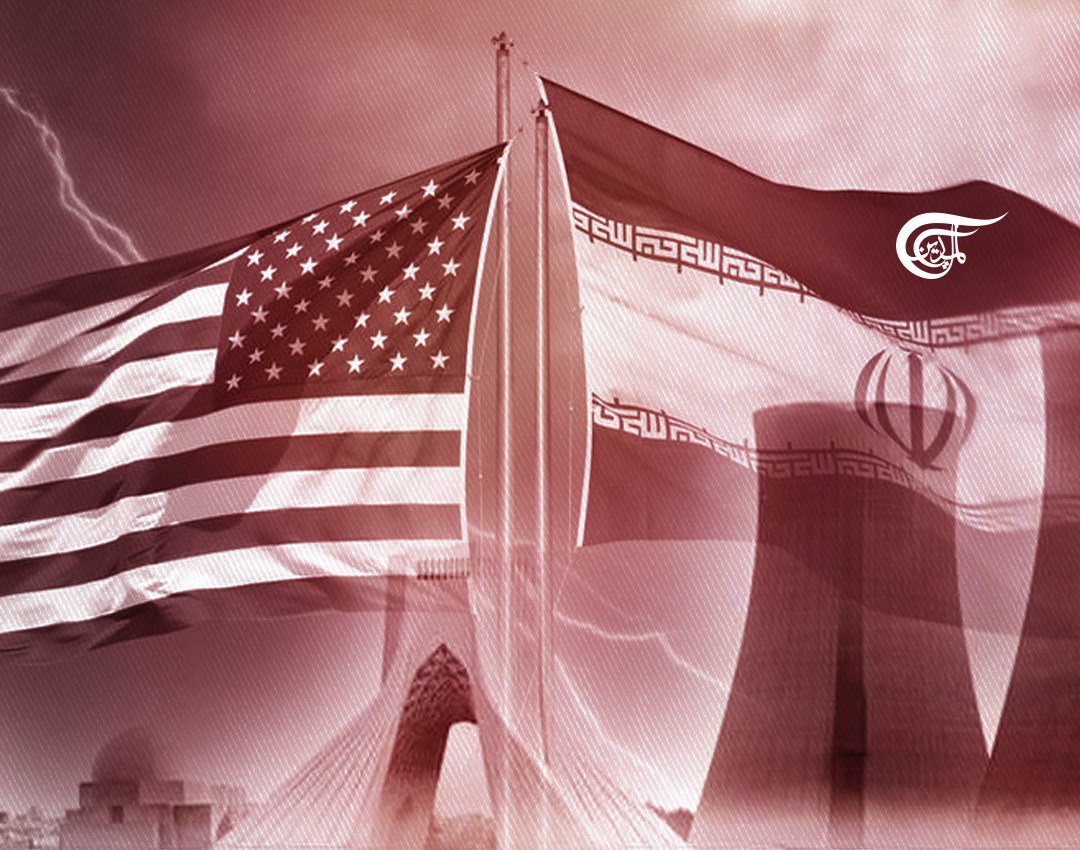The US has Attacked All Pragmatic Iranian Governments: No Nuclear Deal Soon
Iran is no longer in a hurry to conclude a nuclear deal with the US, and it has not budged an inch from its position.
It is unclear whether it is former President Donald Trump’s administration that pushed Iran to intransigence or whether all US administrations have been sincere in their goals to bring the Islamic Republic under the US’s hegemony at all costs. Certainly, current President Joe Biden does not want to return to the 2015 agreement signed by President Barack Obama. President Biden does not want to lift all the sanctions on Iran imposed by his predecessor Trump and so refuses to approve the nuclear agreement before ensuring the advice and consent of the Congress- which means leaving the deal reliant on the mood of any future American President. Does Iran desire to live a short phase in which its economy will recover and will it, therefore, reduce its demands? Is it counting on the goodwill of the next US President in 2024? Or will Iran remain rigidly stable in its present stance and hold on to its stated conditions?
When the US signed the nuclear agreement with Iran in 2015, President Obama considered that he had succeeded in delaying Iran's nuclear weaponry acquisition. However, when a state of intense hostility exists between two countries, it will inevitably produce a state of distrust. Consequently, the US does not believe that Iran is uninterested in possessing a nuclear bomb. This is because of its secret programs in the early years, revealed much later. Also, the underlying rampant hostility between the two countries that began in the era of President Jimmy Carter and after the detention of American diplomats in Tehran for 444 days, is far from being dissipated.
US policies, from President Carter in 1979 to President Biden, considered Iran as an enemy with expansionist plans and aggressive attitude against neighbouring countries, mainly Saudi Arabia and Bahrain. The US convinced oil-rich Arab countries that Iran was aiming to occupy several states around it and expand its control over the Middle East. This theory and the Arab hostility against the Iran Shia have helped the US establish solid military bases in the Middle East and sell arms in exchange for oil. Indeed, Arab countries’ armament budgets are enormous when considered per capita.
What the US does not and cannot say is that since the first Islamic Republic, those who rule Iran (i.e. Abol-Hasan Bani Sadr, Mir Hussein Mussawi, Hashemi Rafsanjani, Mohamad Khatami, Mahmoud Ahmadi Nijad and Hassan Rouhani) were not principlists. Starting from Al-Hassan Bani Sadr, followed by Mir Hossein Mousavi, Hashemi Rafsanjani, Muhammad Khatami, Mahmoud Ahmadinejad to Hassan Rouhani, all followed a pragmatic line towards the rapprochement with the US and towards other neighbouring Arab states, though there were some sporadic differentiated positions.
But what did the US do to meet the Iranian leaders’ pragmatism? The number of sanctions has reached more than 1600 -1750, built up against the "Islamic Republic" since 1979. These sanctions would have destroyed the economy of any country around the world. But Iran is still miraculously standing on its feet. Consequently, the US rejected the opportunities presented by 40 years with Iranian pragmatists in power because either it was not interested in who is ruling Iran, and was aiming to push back the country into recession, or it purposely disregarded the Iranian pragmatism because it doesn’t correspond to US policy in the Middle East. In both cases and ways of approaching Iran, the US miscalculated the Iranian reactions and misunderstood its “patience” in dealing with the harsh sanctions.
However, the US is undeniably demonstrating that its policy is contributing to the escalation of conflicts in the Middle East. The US was raising the spectre of Iran’s desire for imminent war, even though Iran since the establishment of the “Islamic Republic” in 1979 did not occupy or attack any country.
Thus, it seems that the reign of the pragmatists in Iran is not compatible with the way that the US pursues its goals. This was indeed confirmed by President Trump when, in 2018, he tore up the nuclear agreement. President Biden, who took office six months ago, and did not lift any of the severe sanctions imposed by Trump and his predecessors, has followed the same path and was unwilling to honour the nuclear original deal. On the contrary, the Biden administration says that it wants to return to a “nuclear agreement” and not the nuclear agreement that was signed in 2015. It does not want to lift all the sanctions imposed by Trump but instead, wants to keep more than 500 to 600 sanctions and does not even want an exchange of prisoners held by both sides throughout the nuclear negotiations, for now.
This implies the collapse of trust between Iran and the US. Whoever rules Iran cannot change the nature of the US’s reactive hostility, because Iran has become a strong regional power with faithful allies holding the same objectives. Iran has withstood the US hegemony and has refused to give in, no matter the crippling sanctions imposed on it.
Supreme Leader Ayatollah Ali Khamenei accepted the negotiations with the US during Ahmadinejad and Hassan Rouhani’s presidency. President-elect Ebrahim Raisi has declared that he would support the nuclear negotiations if no amendments were introduced.
Both Presidents Trump and Biden have prevented President Hassan Rouhani from achieving any domestic progress towards his own people. They seriously damaged Rouhani and his government’s popularity by imposing harsh sanctions to show that the pragmatists failed to uphold their promises. Trump, and then Biden, carried out policies that prevented Foreign Minister Mohammad Javad Zarif from obtaining the necessary domestic support to reach the presidency since the US thwarted the nuclear deal.
This led to the belief that a pragmatic “Islamic Republic” was not compatible with the US goals. Defusing tension in the Middle East harms US “interests” and dominance over the region and might shorten the duration of the planned war.
However, the US also began to realise that it is not the only player in the region. China and Russia have become an integral part of the international equation. The sun of Washington has faded in Afghanistan, will disappear sooner or later in Iraq and will not last long in Syria. As both a cause and a consequence, the US presence and role in the Middle East doesn’t longer meet with enthusiasm. In addition, the policy of making people starving did not generate the hoped-for reaction against the US's enemies and Iran's allies: instead, it pushed these peoples away from Washington.
Iran is no longer in a hurry to conclude a nuclear deal with the US, and it has not budged an inch from its position. This means that there will be no nuclear agreement in the coming months, unless and until the US accepts that the present situation is a fait accompli. Iran will either impose its conditions on the upcoming negotiations (suspended at the present moment) once the new Iranian President takes office in the first week of August, or there will be no deal this year.

 Elijah J. Magnier
Elijah J. Magnier
 7 Min Read
7 Min Read












